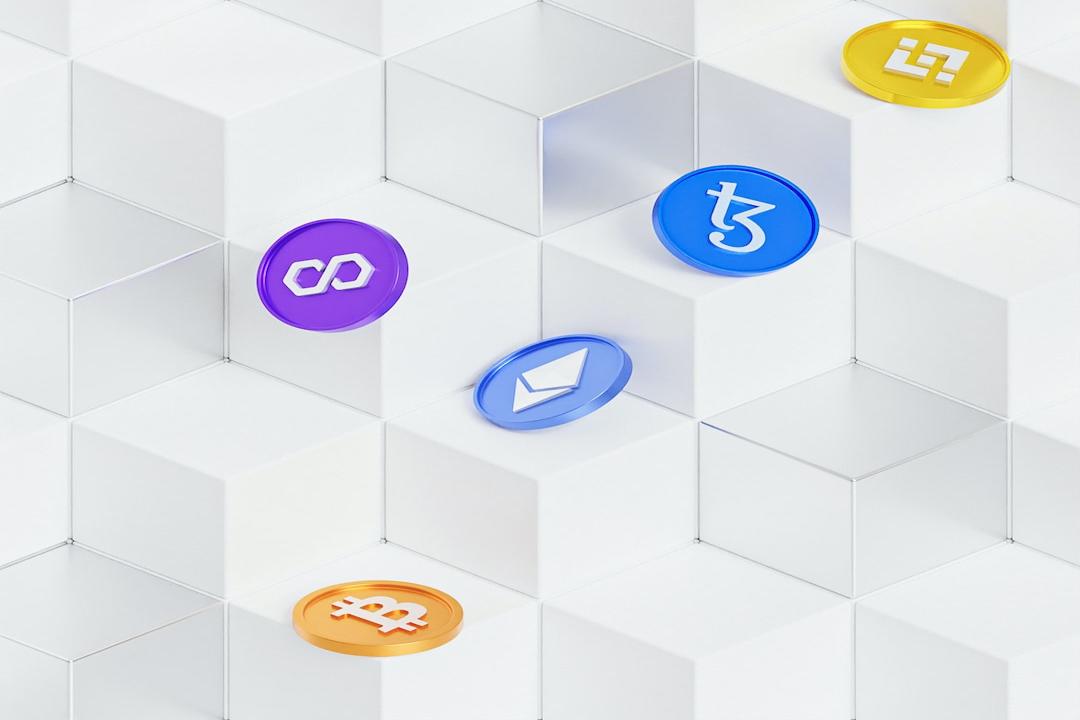**The Role of Openness in Driving AI Innovation**
The spirit of openness is crucial for fostering innovation, and recent developments in artificial intelligence (AI) have highlighted its worldwide relevance and impact. As computing capabilities expand through the integration of resources, challenges related to centralization may emerge. Organizations with enhanced computing power could potentially dominate the landscape, which might obstruct the momentum of innovation. In contrast, decentralization and Web3 technologies present promising alternatives to preserve AI’s openness.

**Decentralized Computing for Pre-Training and Fine-Tuning**
*Crowdsourced Computing (CPUs + GPUs)*
**Supporting Argument:** The crowdsourcing approach, reminiscent of platforms like Airbnb and Uber, could be effectively applied to computing. This model would consolidate unused computing resources into a marketplace, offering affordable computing solutions tailored for specific applications while also providing censorship-resistant resources for training models that may face future regulations or restrictions.
**Opposing Argument:** However, crowdsourced computing might struggle to achieve the necessary economies of scale for high-performance tasks, as most advanced GPUs are not owned by consumers. The idea of decentralized computing appears to conflict with the principles of high-performance computing.
**Decentralized Inference**
*Running Open-Source Model Inference Decentralized*
**Supporting Argument:** Open-source models are nearing the performance levels of closed-source alternatives and are gaining popularity. Centralized services like HuggingFace or Replicate for model inference raise concerns regarding privacy and censorship. Decentralized or distributed providers could effectively address these challenges.
**Opposing Argument:** Local inference, empowered by dedicated chips capable of processing large parameter models, may ultimately emerge as the preferred method. Edge computing provides solutions that enhance privacy and resist censorship.
**On-Chain AI Agents**
*On-Chain Applications Using Machine Learning*
**Supporting Argument:** AI agents, which require a layer for transaction coordination, can leverage cryptocurrency payments, as they are inherently digital and cannot rely on traditional banking systems. On-chain AI agents help reduce platform risks, such as abrupt changes in plugin architectures by entities like OpenAI, which can disrupt services unexpectedly.
**Opposing Argument:** Currently, AI agents like BabyAGI and AutoGPT are not yet production-ready. Moreover, the creators of AI agents can utilize payment systems like Stripe without needing cryptocurrency. The argument about platform risk has been previously used to advocate for crypto, but its practical implications remain unproven.
**Data and Model Sources**
*Autonomous Management and Value Collection for Data and Machine Learning Models*
**Supporting Argument:** Users who generate data should retain ownership, rather than the companies that collect it. In today’s digital landscape, data represents a vital resource, and its monopolization by major tech firms, along with insufficient monetization, raises significant concerns. A more personalized internet necessitates portable data and models, enabling users to transfer data across applications much like moving cryptocurrency wallets between decentralized apps (dapps). Blockchain technology may offer a practical solution to data sourcing challenges, especially given the rising incidence of fraud.
**Opposing Argument:** Despite concerns about data ownership and privacy, users may not prioritize these issues, as seen by the high registration figures for platforms like Facebook and Instagram. Trust in established entities like OpenAI may overshadow users’ worries regarding data ownership.
**Token-Incentivized Apps (e.g., Companion Apps)**
*Envisioning Crypto Token Rewards*
**Supporting Argument:** Crypto token incentives are a powerful tool for promoting network growth and user engagement. Many AI-centered applications are anticipated to adopt this model. The market for AI companions holds significant potential, with projections indicating it could evolve into a multi-trillion dollar sector. Historical data reveals that U.S. consumers spent approximately $130 billion on pets in 2022, suggesting a robust market for AI companions. AI companion apps have already demonstrated impressive user engagement, with average session durations exceeding one hour. Platforms incentivized by crypto could capture a substantial share of this market and others within the AI sphere.




